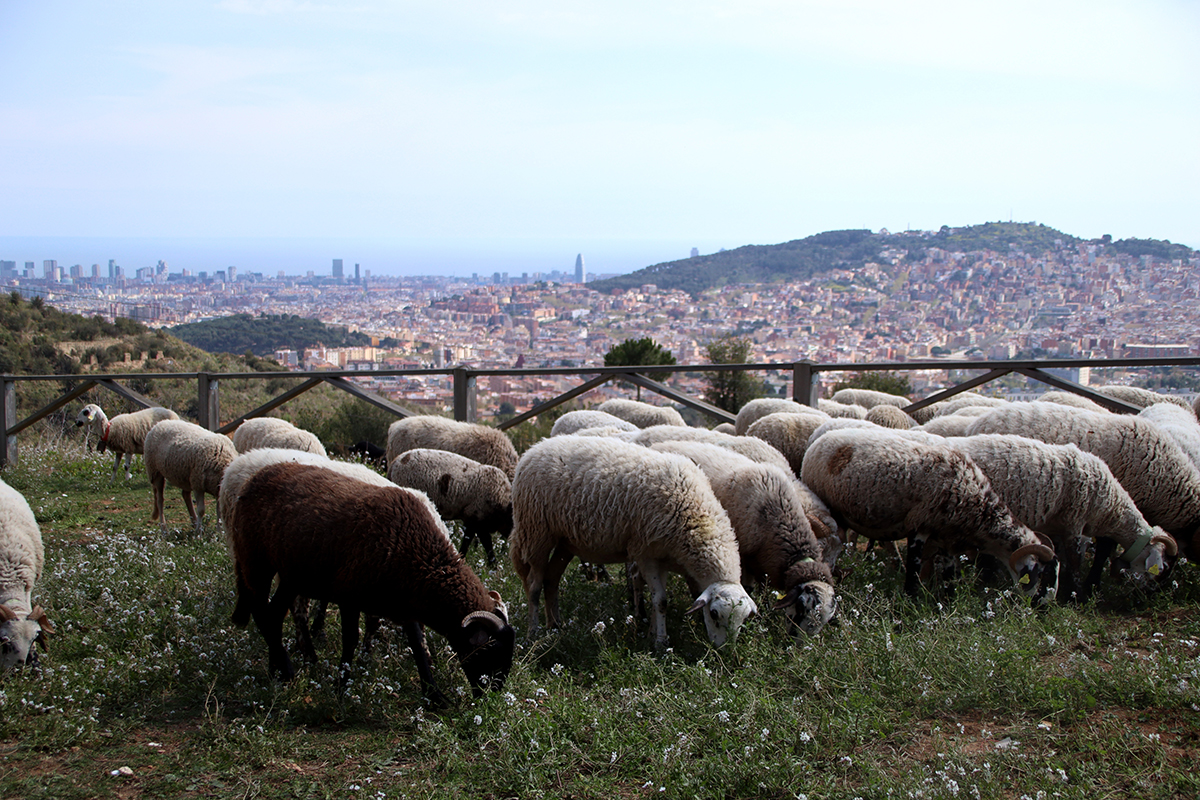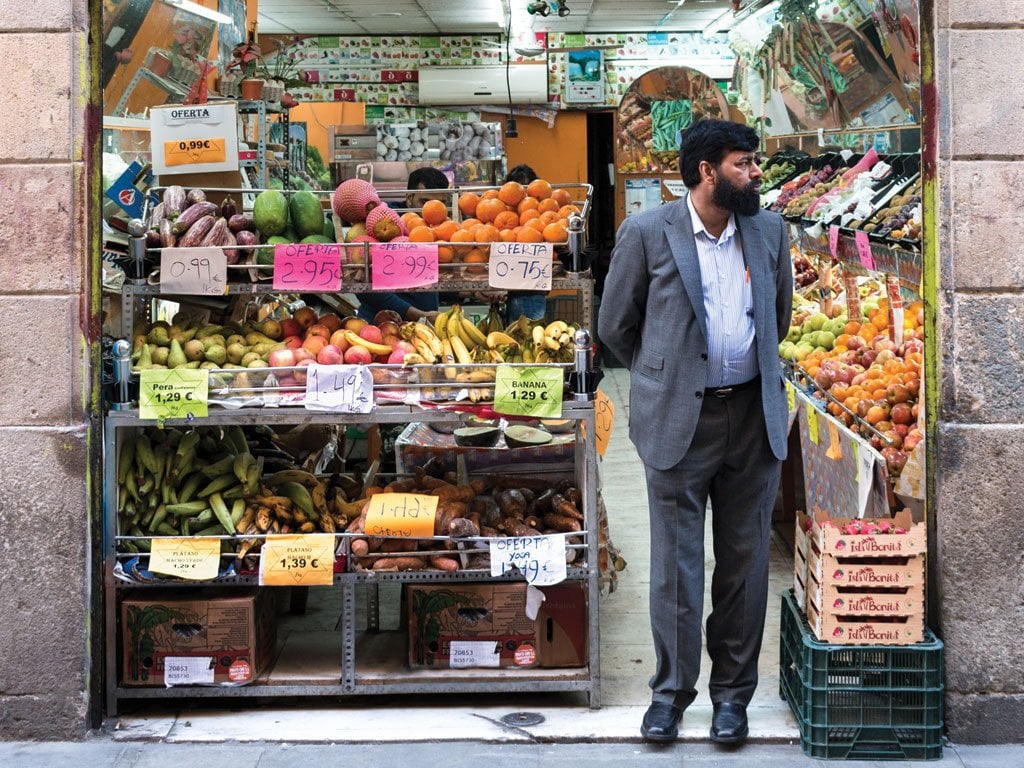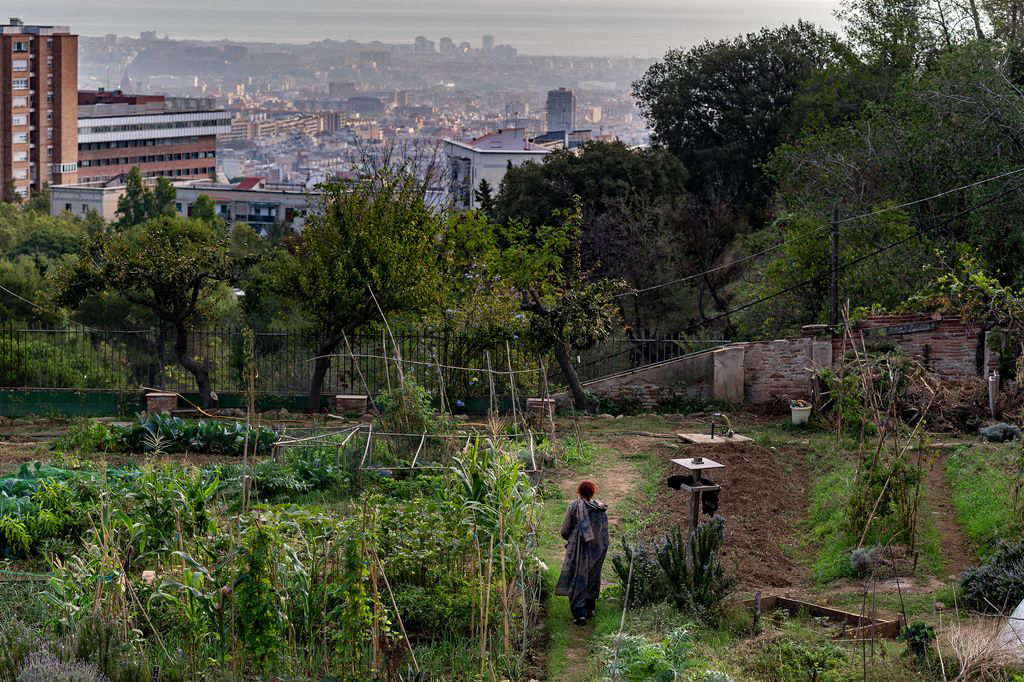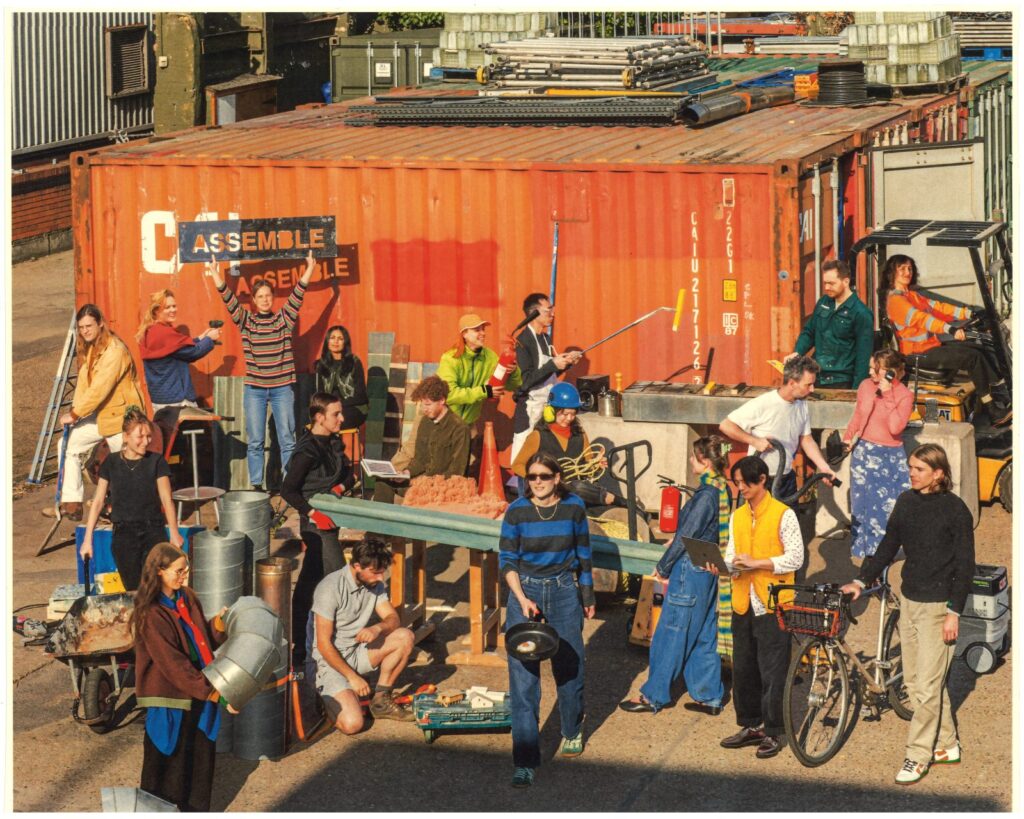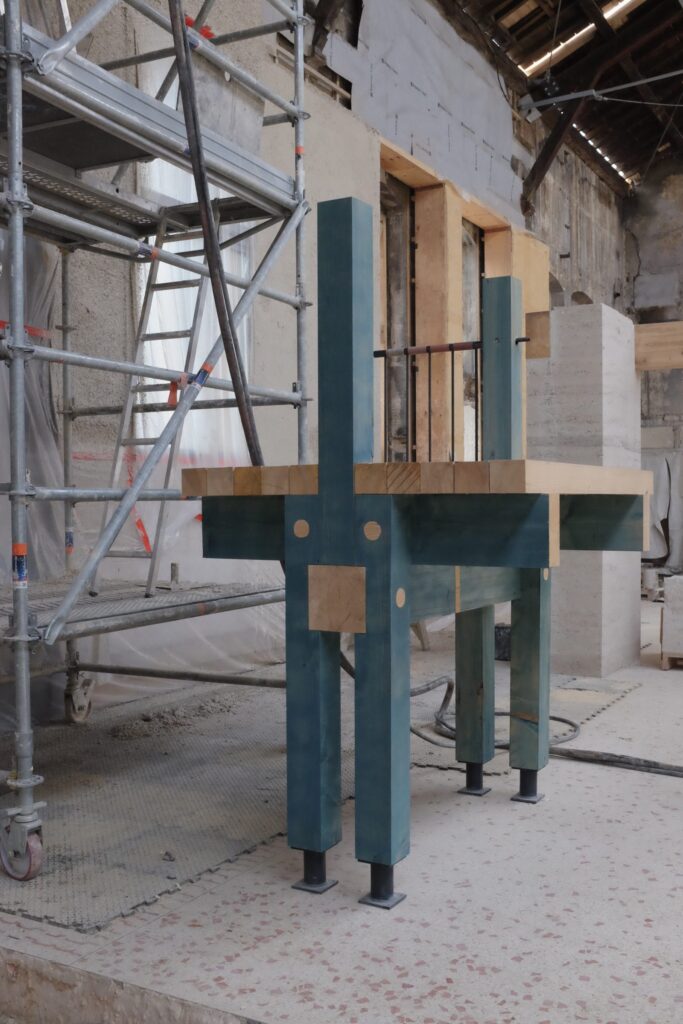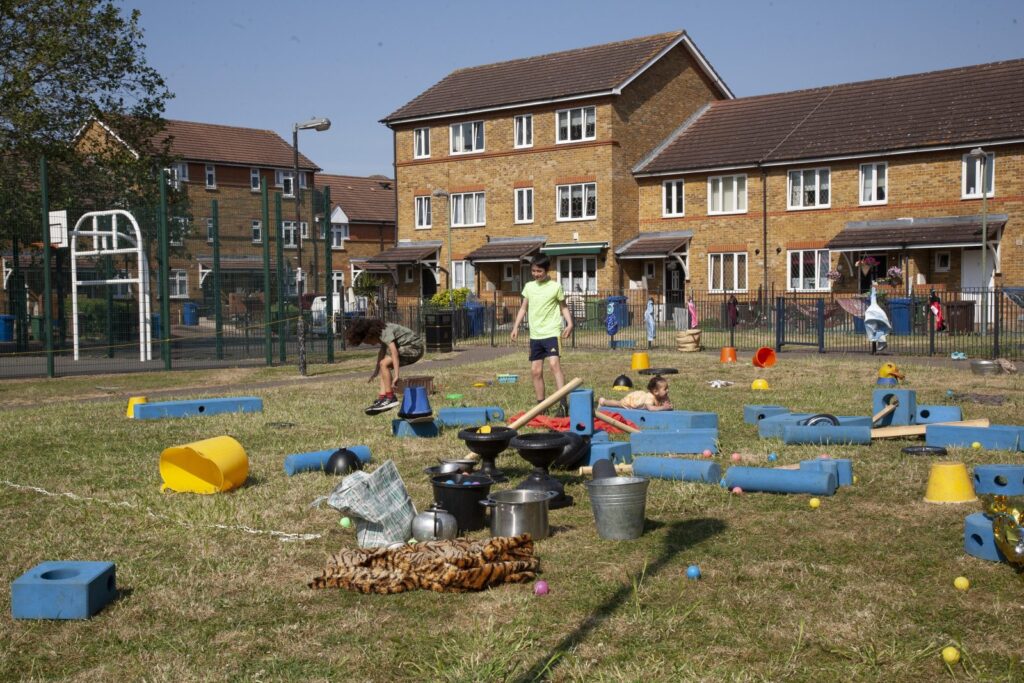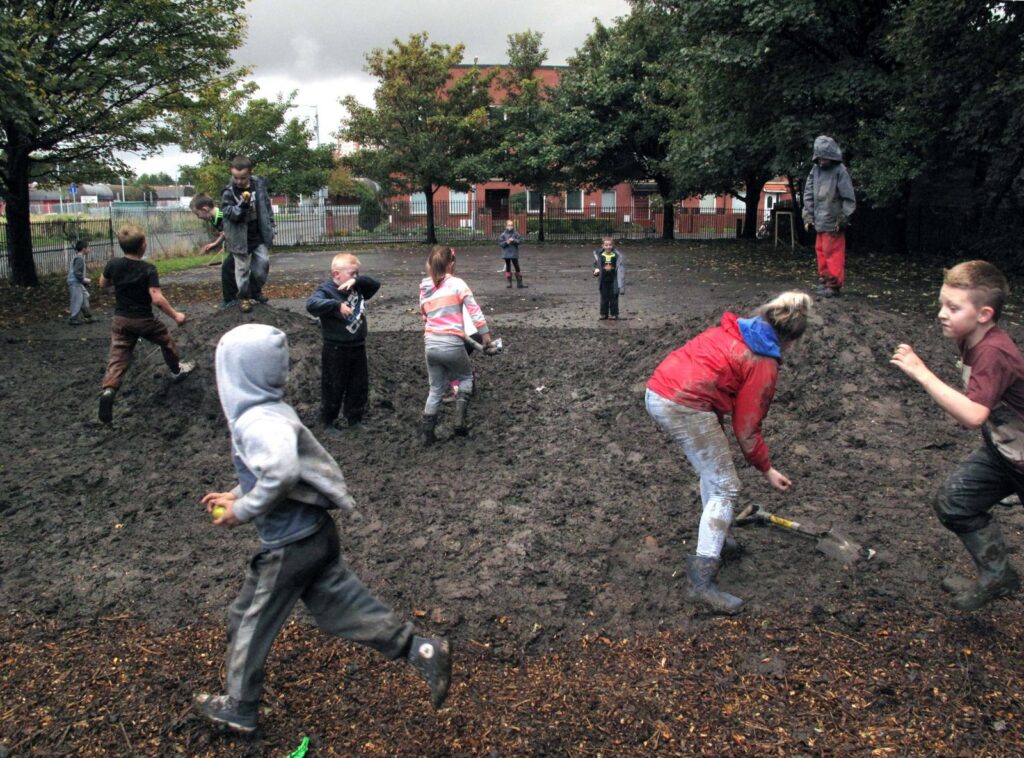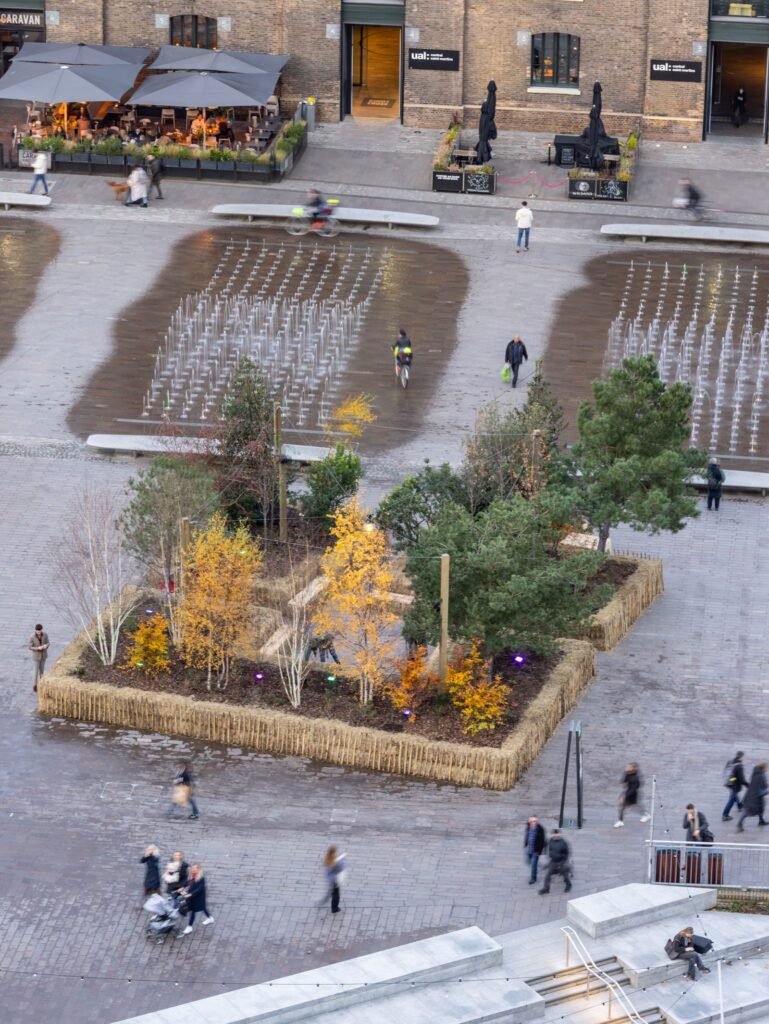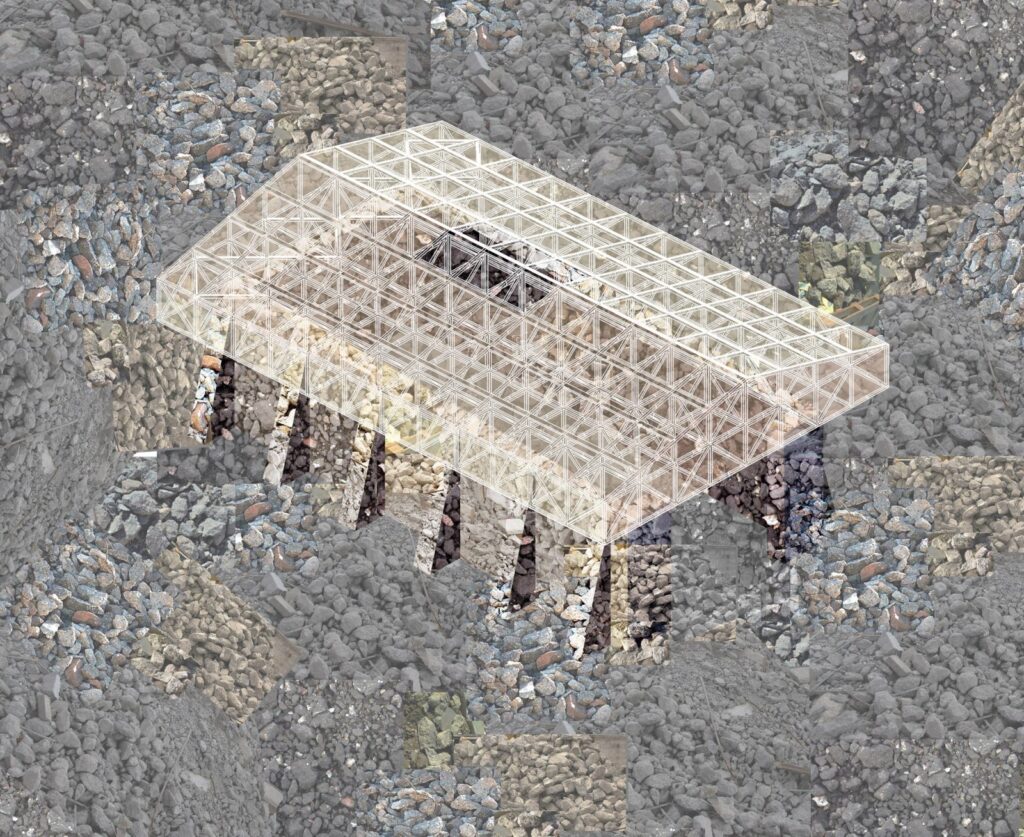Assemble is a London-based organisation who design and make buildings, artworks, gardens, playgrounds, furniture, exhibitions and events. We develop business plans, project strategies and create organisations. We design, construct and manage workspaces. We curate, teach, write books, publish research and lecture publicly. Each of these activities form an interconnected body of work
Assemble uses design as a tool to respond to the environmental, social and economic challenges we face today. We believe that built examples along with critical reflection are the most effective means to have a positive impact.
Founded in 2010 by a group of friends to undertake a single self-built project, Assemble’s organisational structure has changed shape over the years. We continue to work co-operatively, valuing debate and collaboration as a partnership. We operate using a constellation model, collaborating between ourselves and with others to create award winning projects.
Merchants & Warriors
The early 21st century marked a major shift as the global population became predominantly urban for the first time. Driven by aspirations for employment, prosperity, and improved living standards, this urban migration is expected to continue. Cities are increasingly framed as the critical sites for managing resources efficiently, mitigating the impacts of human activity and responding effectively to climate breakdown. Barcelona and its metropolitan area exemplify this dense urban model, yet also reveal its vulnerabilities and limitations. Cities are increasingly on fragile global networks of food production, processing, and distribution, and while investment in green infrastructures can reduce the impact we have in our daily lives, life in the contemporary city remains one that is predicated on access to and use of energy intensive systems and global networks.
This project challenges the assumption of urban primacy, proposing instead a vision of interdependence in which rural and urban realms are conceived as mutually constitutive, sustaining and reciprocal. It explores Catalonia’s evolving peri-urban and rural context, where demographic shifts and agricultural restructuring intersect with the urgent need to nourish a growing, urbanised population. Through a bottom-up perspective of Catalan agriculture, the project highlights small-scale farming practices, cooperative systems, and rural households’ strategies that underpin ecological resilience, economic stability, and social vitality.
In the contrast between Catalonia’s attempts to sustain rural vitality and other European trajectories, we see fertile ground for comparison. The UK’s century-long turn toward industrialised agriculture has triggered renewed interest in agroecological, small-scale systems; in Catalonia, too, small farms and food cooperatives are emerging as vital nodes of urban–rural reciprocity and interdependence. These practices become not just desirable alternatives, but essential transitions: they allow the city to draw on healthier local systems while reinforcing the capacities of rural communities. Together, they form a mesh of interdependences—economic, ecological, social—that offers a more resilient, regenerative urban-rural continuum.
This workshop forms part of an ongoing research project – Merchants and Warriors – that has to date surveyed small farm sites in the UK and Southern China. The project critiques prevailing narratives of urban superiority but more importantly, it positions rural communities not as passive peripheries but as active, interdependent partners in shaping sustainable, resilient futures for their regions.
